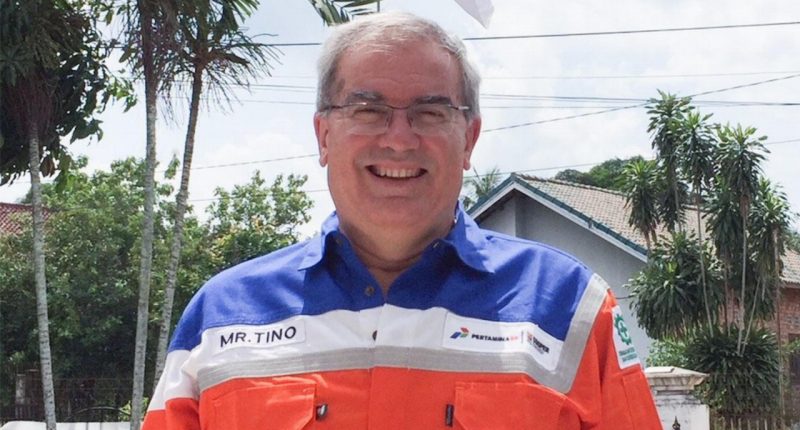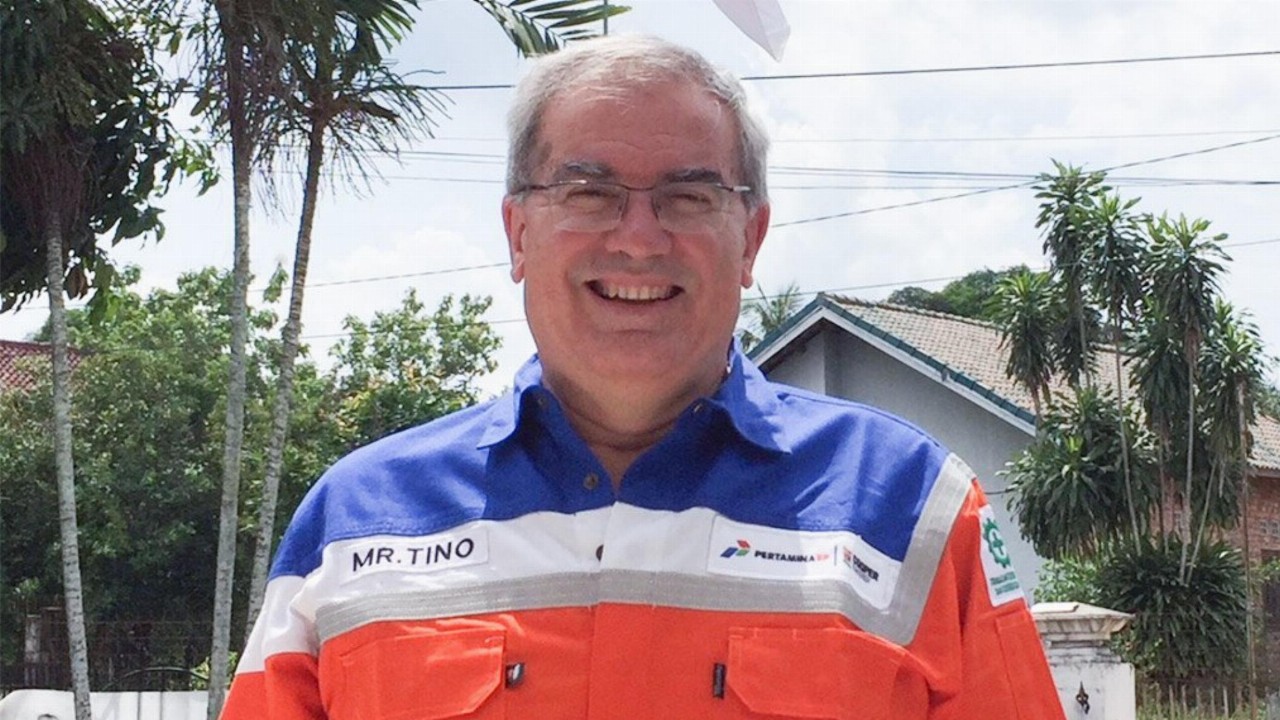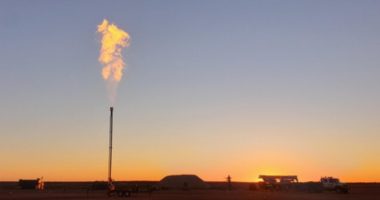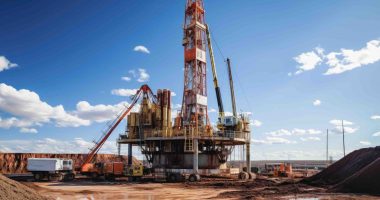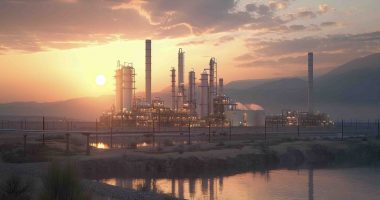- Bass Oil (BAS) has reported a 12 per cent decrease in average daily oil production at its majority-owned Tangai-Sukananti Project in February
- Compared to producing 456 barrels of oil per day in January, Bass produced 402 barrels in February
- Production has declined since December due to multiple wells going offline and needing repairs
- Pleasingly, the average monthly realised oil price increased by 15 per cent last month and cost reduction measures have enabled the fields to generate positive cashflow
- Looking ahead, Bass expects the average daily oil production to go back up to more than 500 barrels thanks to a well coming back into production
- Company shares ended the day in the grey, closing at 0.2 cents
Bass Oil (BAS) has reported a 12 per cent decrease in average daily oil production at its 55 per cent-owned Tangai-Sukananti Project in February.
Average daily oil production in February was 402 barrels of oil per day (bopd), compared to 456 bopd in January.
For the whole month of February the joint venture produced 11,242 barrels of oil, of which Bass’ share is 6183 barrels. This marks a noticeable decline from the 14,141 barrels of oil, and 7777 barrels of oil, respectively, produced in January.
Bass attributes the decline to well repair work that was undertaken at its oil fields in Indonesia.
Operational issues started in December when a pump in the Bunian 1 well failed. Repair work began soon after and carried into the new year, but another well’s flow rate was reduced following a minor leak. This led to January’s average daily production being 13 per cent lower than the prior month.
In mid-February, the well had been repaired and returned to production.
Pleasingly, the average monthly realised oil price for February was US$58.19 (roughly A$75.06) per barrel — a 15 per cent increase from the US$50.79 (roughly A$65.51) recorded in January.
It seems cost reduction measures amid COVID-19 have enabled the fields to generate positive cash contributions with total operating costs sitting at about US$20 (roughly A$25.79) per barrel.
Despite production dropping slightly in the last two months, a well which remained offline has now been repaired and will shortly return to production. This is expected to take field production back up to over 500 bopd.
Company shares ended the day in the grey, closing at 0.2 cents.

